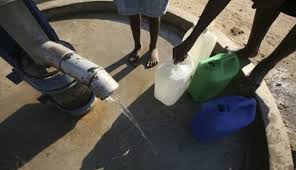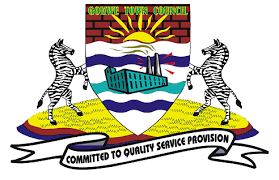Drip by Drip: Mnangagwa says more land put under irrigation to boost food security

President Emmerson Mnangagwa says more land has been put under irrigation to mitigate the effects of climate change and enhance food security.
Mnangagwa made these remarks while giving the New Year address at the State House on Monday.
This comes at a time when the country, and several others in the southern African region have been hit by El Niño.
“The Second Republic continued to deliver in 2023, consolidating our gains in self-sufficiency through the prioritisation of investments in agriculture, mining, manufacturing, tourism and infrastructure, among others, to spur economic growth and improve the quality of life for our citizens,” he said.
“With regards to mitigating the effects of climate change and enhancing food self-sufficiency at the household level, more land was put under irrigation. I commend our farmers for the unprecedented harvests which have seen our nation become food secure.
Our Pfumvudza/Intwasa farming model continues to grow from strength to strength, with our counterparts in the region and beyond emulating it as a model for food security.”
Mnangagwa further noted that to improve access to water, especially for the rural communities, several dams have been completed under the Presidential Borehole Drilling Programme.
“During the past year, several dams were completed, and the accompanying irrigation schemes commissioned. This was complemented by the Presidential Borehole Drilling Programme, which targets sinking a solar-powered borehole as well as the establishment of a nutrition garden and business unit in each of our country’s 35 000 villages,” he said.
“With regards to manufacturing, locally manufactured products continue to dominate shelf space. To consolidate these gains, the Second Republic prioritises investments in science, technology and innovation. These will leapfrog the sustainable socio-economic development of our great motherland, Zimbabwe. Under the devolution and decentralisation agenda, grassroots communities are playing a pivotal role in addressing their local development needs.”






